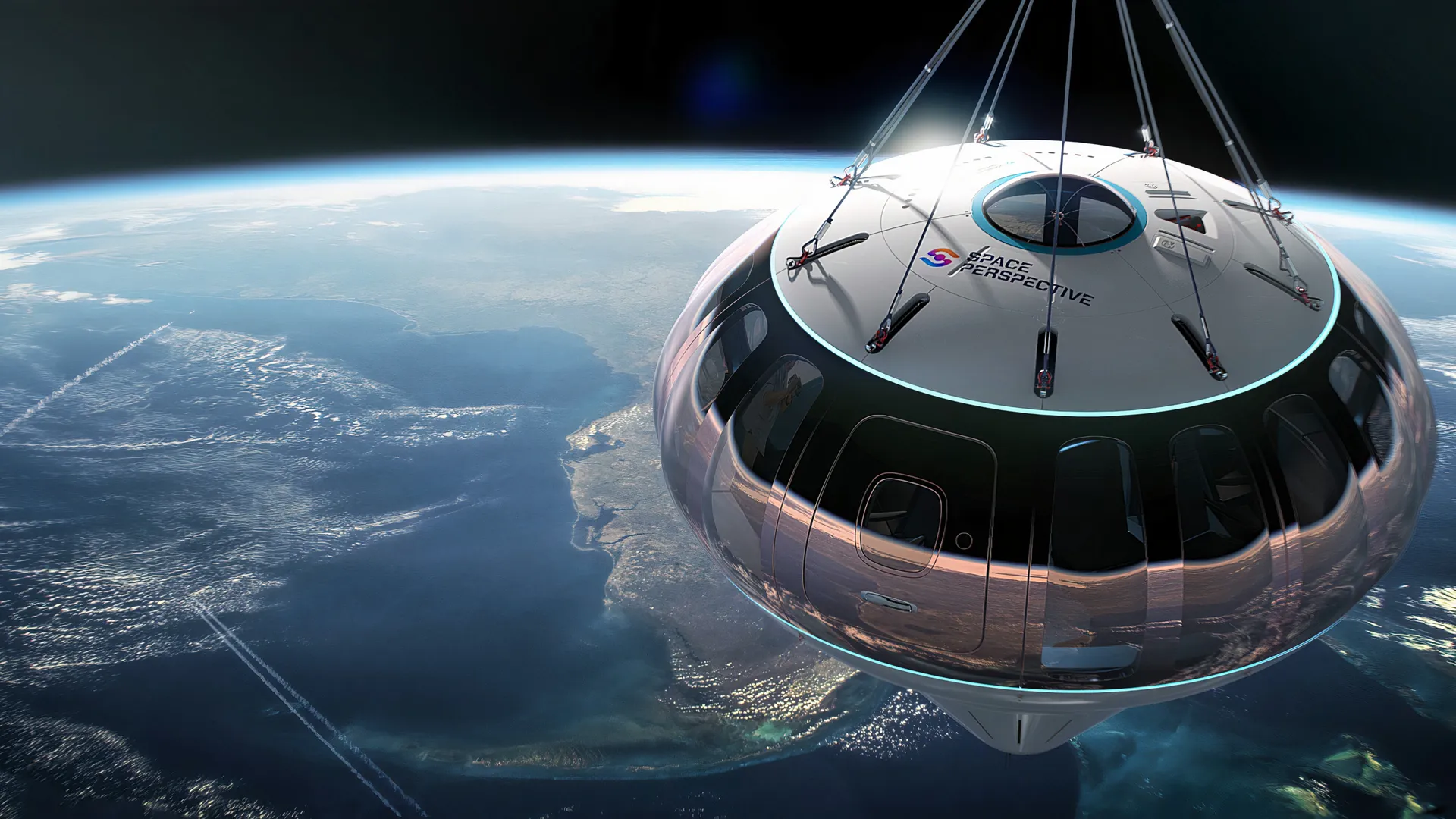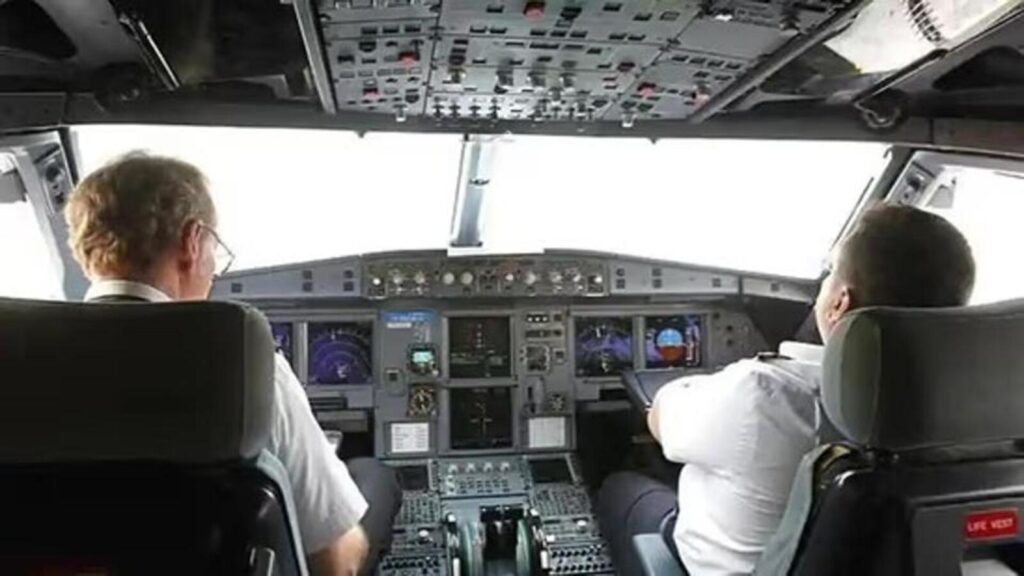Now Reading: The Economics of Space Tourism
-
01
The Economics of Space Tourism
The Economics of Space Tourism

Space tourism, once a dream from science fiction, is slowly becoming a reality. Companies across the world are testing spacecraft designed to carry private citizens beyond Earth’s atmosphere. But behind the excitement lies a serious question: how much does it really cost, and who stands to benefit? For India, especially in smaller cities where people watch these developments with curiosity, the economics of space tourism sparks both wonder and debate.
The biggest factor is cost. At present, a single ticket to space can run into crores of rupees, putting it far beyond the reach of ordinary travelers. Only the ultra-rich can afford such journeys. However, as more companies enter the market, the hope is that prices will come down over time, just like how air travel once shifted from luxury to accessibility. Economists believe that long-term competition could make short space trips available to a wider group of people.
Space tourism is also about generating business beyond tickets. The industry supports research, spacecraft development, new materials, and advanced training methods. Countries that invest in space tourism could create jobs in engineering, design, and hospitality. For India, this raises questions about whether it should one day enter this global market, given its growing pool of skilled engineers and space technology expertise.
Critics argue that space tourism is wasteful, especially when billions of people on Earth still struggle with poverty and climate change. They point out that the money spent on a single trip could instead fund schools, hospitals, or clean energy. Supporters counter this by saying space tourism can drive innovation, create high-value jobs, and inspire young people to study science and technology.
For India’s Tier 2 cities, the relevance lies in aspiration. While most citizens may never step onto a spacecraft, the growing interest in space creates opportunities for education and entrepreneurship. A student in Nagpur or Indore who dreams of working in space technology may one day contribute to this industry, even without being a passenger.
The economics of space tourism is still taking shape. It is expensive, controversial, and far from reaching the masses. Yet it reflects a shift in human ambition—seeing space not just as a frontier for scientists, but as a possible destination for ordinary people in the future. For now, it remains a symbol of what might be possible when technology, money, and imagination meet.

























